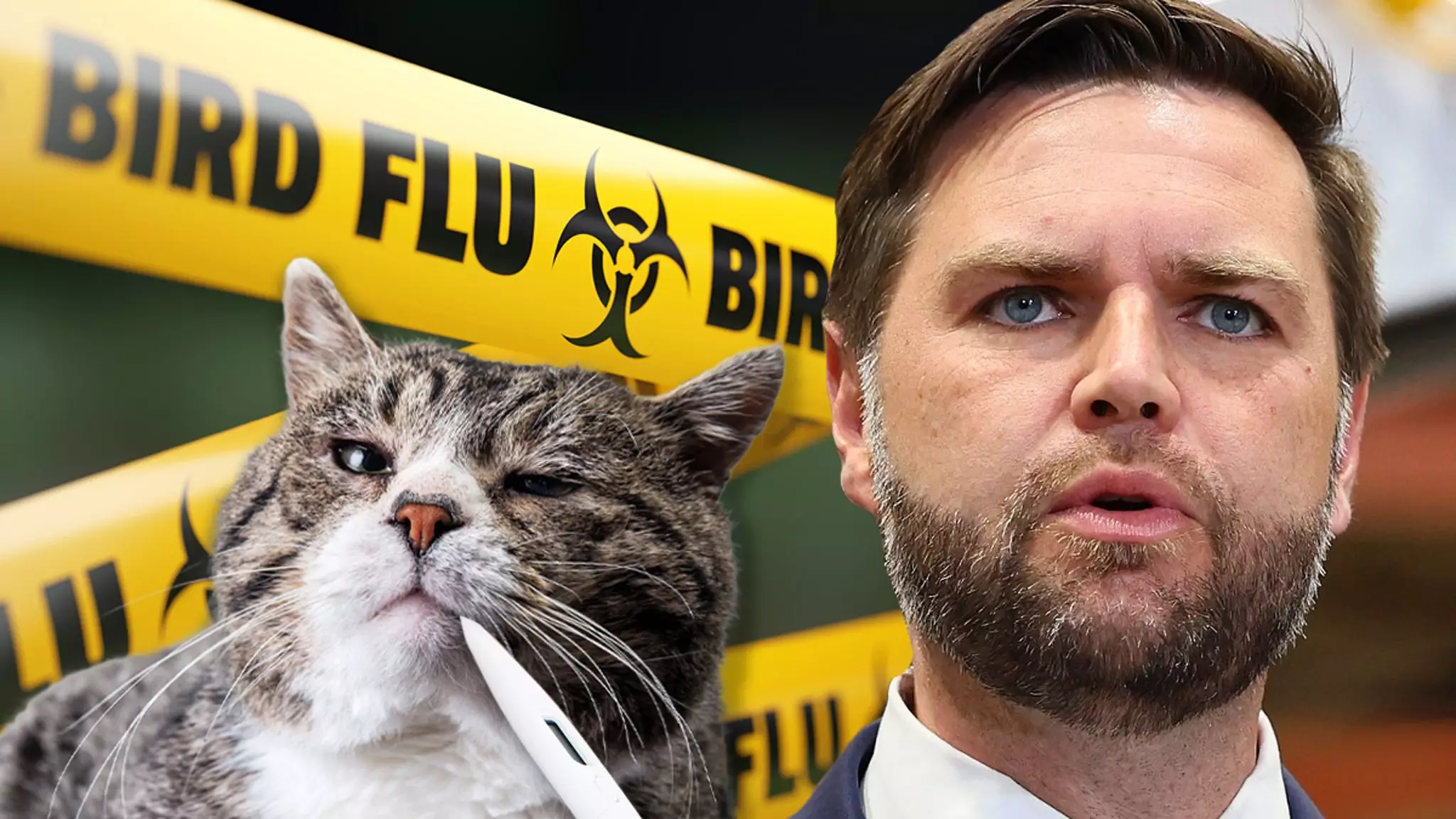Recent research indicates that a deadly strain of avian bird flu, known as H5N1, is now spreading to house cats, causing concern among pet owners. This virus, which has already devastated American farm animals, has now infected at least 21 indoor cats. What is particularly alarming is that some of these cats had no direct exposure to the virus or animals carrying it, raising questions about how they are contracting the disease.
One of the main concerns with the bird flu spreading to house cats is the potential for human infection. While the virus has been relatively mild in humans so far, the fatality rate for cats has been as high as 67 percent. This raises fears that cats could serve as carriers of the virus, ultimately leading to human transmission. It is essential for cat owners to take precautions to prevent their pets from being exposed to the virus.
The emergence of bird flu in house cats comes at a time when cat owners are already under scrutiny in the political arena. Presidential politics have recently brought attention to the demographic of cat owners, with claims that they have no stake in the country’s future. This debate, highlighted by figures such as Donald Trump’s running mate, Senator Vance, has taken center stage in recent political discussions. However, amidst these political debates, the health and safety of cats and humans should remain a top priority.
In light of the potential risks associated with avian bird flu, experts recommend taking proactive measures to protect house cats. Keeping cats indoors, especially if they have access to birds, mice, or other potential carriers of the virus, is one way to minimize the risk of infection. By limiting their exposure to potential sources of the virus, cat owners can help safeguard the health of their pets and reduce the likelihood of transmission to humans.
The spread of avian bird flu to house cats poses a significant threat to both feline and human health. With the potential for cats to serve as carriers of the virus, it is essential for pet owners to be vigilant and take preventive measures to protect their pets and themselves. By staying informed and following expert recommendations, cat owners can help mitigate the risks associated with this deadly virus.

Leave a Reply